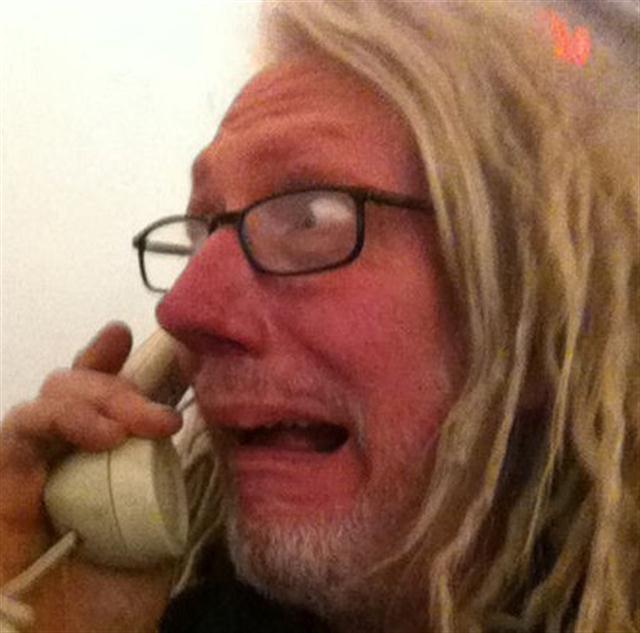
One of the most unwelcome aspects of a visit to any foreign
country is picking up a stomach problem and Mexico has a certain reputation for
delivering on this. Rarely serious, it nevertheless can take the shine off your
vacation for a few days at least. So what are the prime causes and what can you
do about it?
Thankfully you normally won't need to call teh Emergency Services - not unless it persists for more than 3 days at any rate.
It is sad but true that tourists sometimes get sick while
traveling to Los Cabos. In fairness, Mexicans may also become ill when visiting
the United States. Some people even experience health problems traveling inside
their own country. In other words, travel may broaden the mind, but it can also
tighten the sphincter!
Why? The short answer is that our body’s naturally occurring
bacteria are adapted to our present location. Unfortunately, these bacteria
don’t travel well and when we move far away from home, they can’t handle it.
Once we arrive in Cabo (or Paris, Dallas, Edinburgh, etc.), our body must
re-adapt to other, new bacteria. Until we’ve completed this adjustment, we not
only don’t feel as healthy as usual, but we have a tendency to become irritable
and to blame our queasiness on the local tacos and ice cubes. Unfortunately,
this process of adaptation can span most of some traveler’s vacation time.
In addition to homesick bacteria, (known medically as
“Traveler’s Diarrhea), travel also subjects us to stressful changes in climate,
altitude, jet-lag and daily routines. Throw in the anxiety of last-minute
travel preparations, white-knuckle cab rides, and long nights in short, lumpy
hotel beds, and it’s a wonder you survive at all.
Next to drinking too much and overeating, the most likely
cause of stomach problems suffered by tourists (once they’ve adjusted to their
location) is improper food handling and accidental contamination. No matter how
fancy the restaurant or delicious the aroma, if the cook’s hands, knives or
dishes are dirty, the food will not be clean.
People often discuss the importance of care in selecting
"safe" foods and beverages for consumption. We recommend that all food
you eat be freshly cooked and be piping hot; such foods are safer than those on
a buffet that have been sitting out for hours. In outdoor eateries and taco
stands in particular take care to make sure the place is busy and lots of food
is being served: a busy taco stand means that the food is being cooked fresh
and will be hot rather than left around to be re-heated and served for the occasional
customer. Water should be bottled and sealed, or boiled. Ice cubes are
generally ok in Cabo in drinks but be sure that they use drinking water grade
ice.
But sometimes people do everything they are supposed to do
regarding the selection of food and beverages and still get sick. Often, it's
really the lack of sanitation within the food industry -- contamination may
occur anywhere from when the food comes out of the ground to the preparer or
the server. Food can be tainted at any point along that route. So restaurant
hygiene and food service worker hygiene may be out of the traveler's control,
but both play a role in whether disease is transmitted.
And sometimes it’s the travelers who contaminate themselves.
Remember: Try to clean your hands before eating, whether with soap and water or
a hand sanitizer.
Pepto-Bismol has been used for a number of years to prevent
travelers' diarrhea. Studies show that if adults take the equivalent of two
tabs four times a day, it can decrease the incidence of travelers’ diarrhea up
to 60%.
Treatment with Immodium is usually effective but it is
important to hydrate, especially in the sunshine. Hydration is actually the
primary treatment for the condition. Often people with a bout of travelers'
diarrhea feel so weak. A good deal of it
is due to dehydration. It's not OK just to take a few sips of cola. You need to
make the effort to drink a lot of fluid, because often you've lost a lot more
than you think. In a lot of cases, just clean water is OK. Better, if you are
very dehydrated, is a rehydration solution. Rehydration packets are a great
thing to have, especially if you are going to remote areas or places off the
usual tourist paths.
Eat, drink and be merry…and stay healthy!